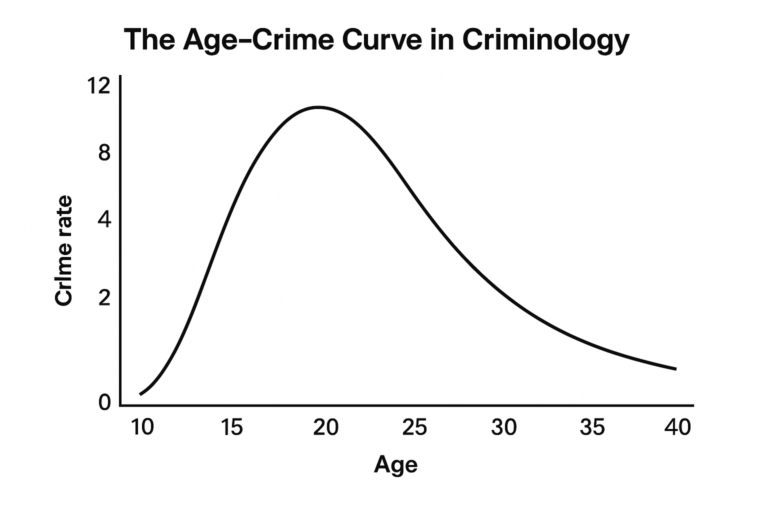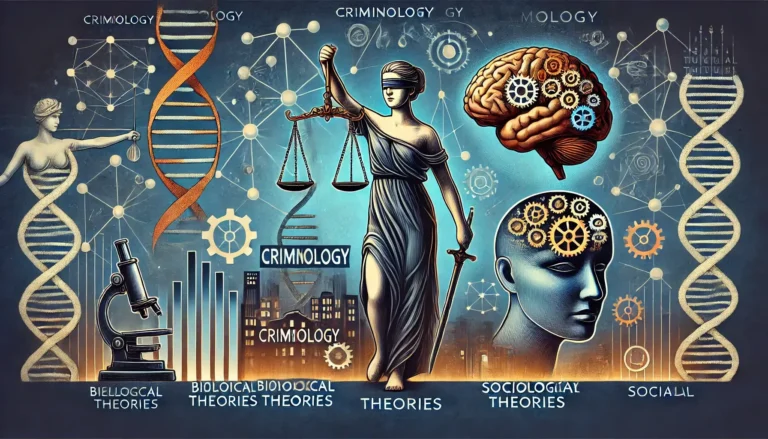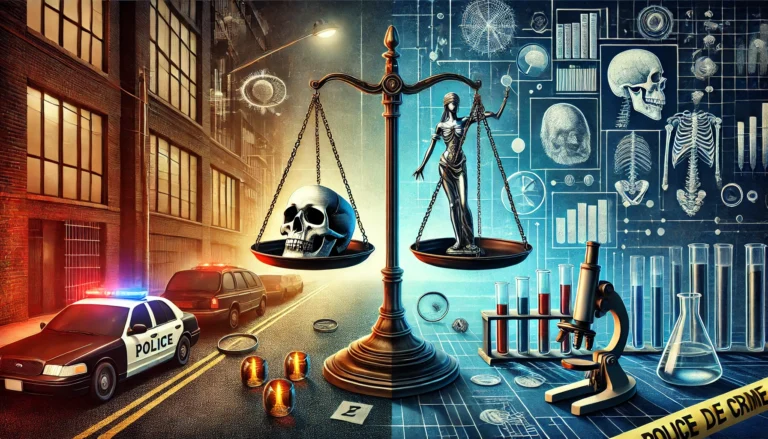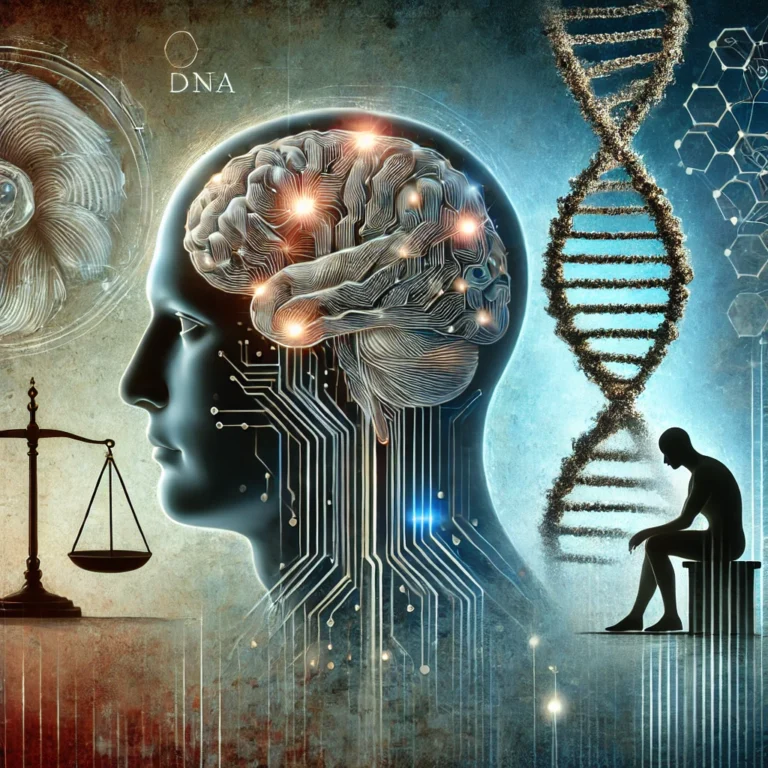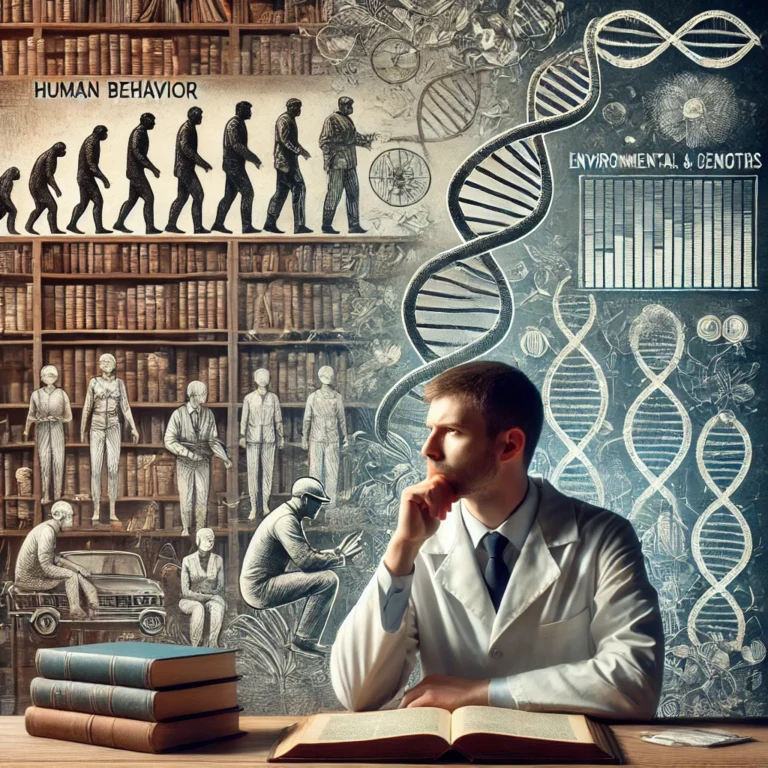The Age-Crime Curve in Criminology: Understanding Patterns of Criminal Behavior
Introduction: age and crime The study of criminal behavior over the life course has long intrigued criminologists. One of the most consistent findings in the field of criminology is the relationship between age and crime, commonly referred to as the “age-crime curve.” This curve demonstrates that criminal behavior tends to increase during adolescence, peaks in…

